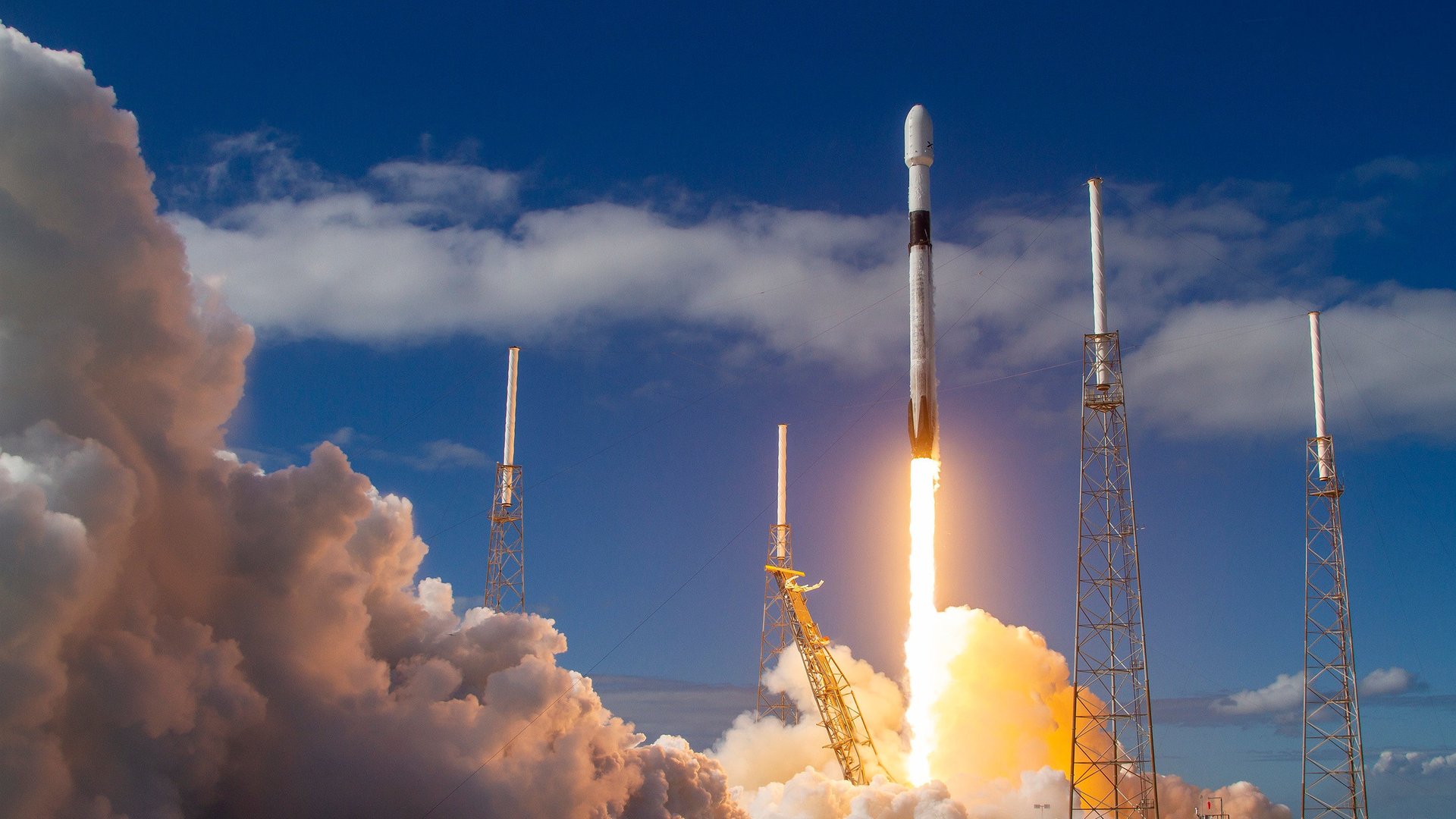A SPAC for space tugs will go public in 2021
To make getting into space as cheap as possible, rocket builders try to pack in as many satellites as possible. But what if they’e not all going to the same orbit? Just like you might need to ride a bike from the metro station to get to your final destination, satellites sometimes need a “last mile” solution too.


To make getting into space as cheap as possible, rocket builders try to pack in as many satellites as possible. But what if they’e not all going to the same orbit? Just like you might need to ride a bike from the metro station to get to your final destination, satellites sometimes need a “last mile” solution too.
The next venture-backed space start-up that does just that is going public through a special acquisition company, or SPAC—a publicly traded company that raises money to buy a private firm, often one perceived as too risky to go public through a traditional IPO or a direct listing.
This time around, the target is Momentus Space. The purchaser is a fund raised by Stable Road Capital that trades on the NASDAQ as SRAC, and will become MNTS in early 2021. It’s the same way Virgin Galactic became the first publicly traded human spaceflight company last year. As we’ve seen, a risky firm with a compelling story can also become a darling of individual investors.
Momentus has developed a water-fueled propulsion system and vehicle called Vigoride to provide that “last mile” transportation to satellites once they are launched into space on rockets. After test-flying a prototype in 2019, Momentus has lined up a partnership with SpaceX and signed contracts with small satellite operators, notably the internet-of-things play Swarm, to ferry their spacecraft to the right orbit.
The company is effectively a middleman—its backers call it a space infrastructure company—that enables SpaceX and other rocket makers to provide more flexible service, while allowing satellite operators to spend more time and resources on their spacecraft’s payload than on figuring out how to get it where it’s going.
The challenge is in the numbers. We’re still awaiting the official Momentus prospectus, but figures shared in an Oct. 7 investor presentation were eyebrow-raising. Stable Road values Momentus at $1.2 billion. The company forecasts $19 million in revenue next year, which means its valuation is 63 times its next-twelve-months revenue. Profitable, fast-growing software companies currently trade at an average of 16 times their forecast revenue.
The slides in the Momentus presentation suggest the valuation makes more sense compared to 2024 estimated revenues of $1.2 billion. But it’s still a generous prediction: The company currently has $90 million in booked business through 2022, and $1.1 billion under negotiations. If it wins all those contracts, it will still need to find an additional $780 million in total revenues through 2024.
Momentus also plans to use its new capital to add new business lines, flying payloads on its spacecraft for businesses that want to collect data in space without building a bespoke satellite, and providing refueling and other services to existing satellites.
The challenge is the competition it faces in all of these businesses. Rocket Lab, a leading small-satellite launcher, developed its own vehicle called the Photon, and Spaceflight, a launch broker that also works with SpaceX, is developing a “last mile” transit solution of its own. York Space Systems offers a generic satellite bus that customers can use to create “satellites as a service.” Northrop Grumman and Astroscale are developing specifically designed vehicles to re-fuel, repair, or move existing satellites.
Mikhail Kokorich, Momentus’ founder and CEO, replies to these concerns by noting that his company’s current vehicles and next-generation vehicles are larger and more powerful than those built by its competitors, and will benefit from working with a range of rockets, including many still under development. He also argues that the company’s propulsion system is more efficient and safer than those used by competitors.
“As long as we have a water-based propulsion system at the core of our technology and service offerings, and with our plans to scale our product line, Momentus will likely be the low-cost provider across the largest swath of the market—and will be able to provide services beyond what either York Space Systems or Rocket Labs are planning,” Kokorich wrote Quartz in an email.
Another counterpoint: Virgin Galactic has not hit any of the financial forecasts it made in its prospectus a year ago—it did not fly 66 people in 2020, and might earn $500,000 this year instead of $31 million. But the firm is currently valued by investors at $5.5 billion, some $4 billion more than the enterprise value proposed when it was acquired.
A version of this story originally appeared in Quartz’s Space Business newsletter.